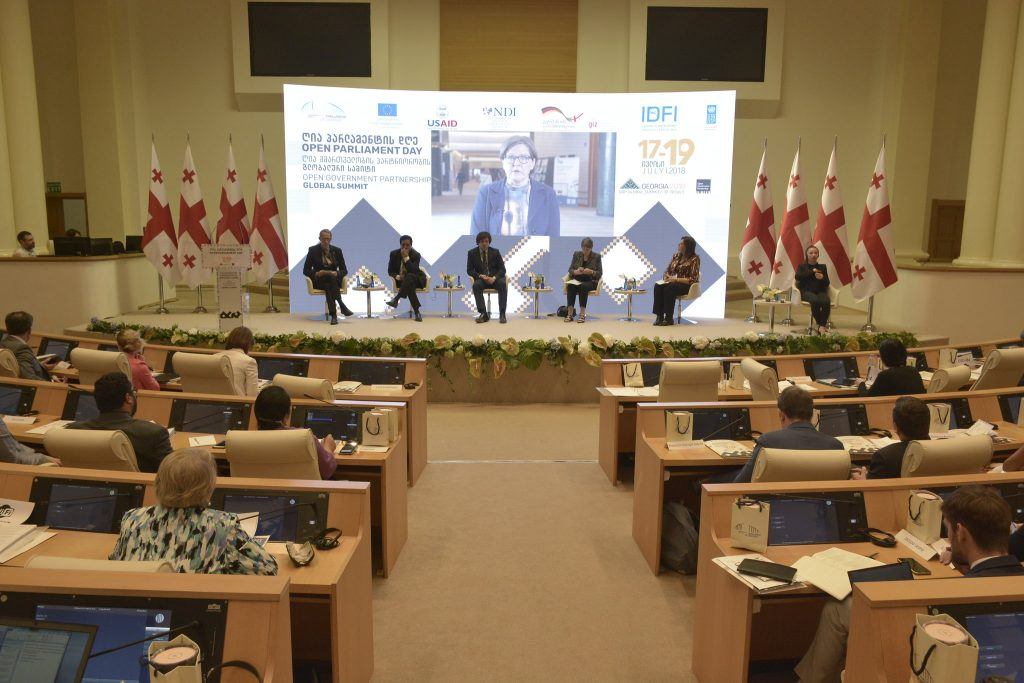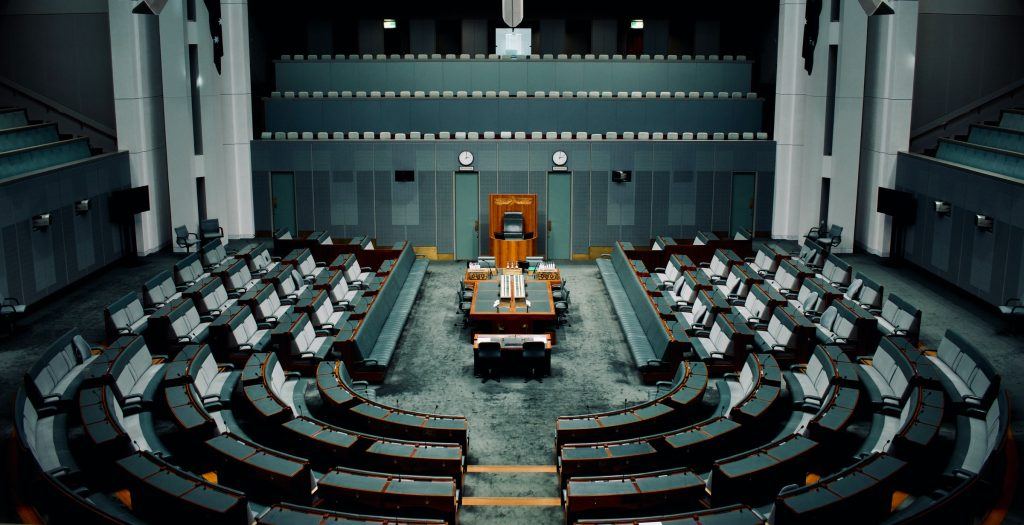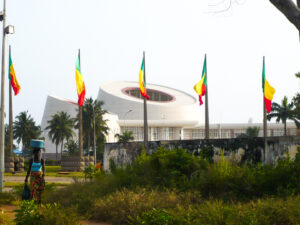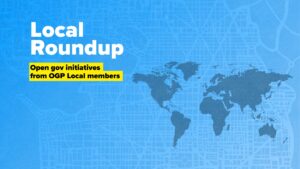Engagement of parliaments in OGP – whether through formal participation in co-creation or other means of coordination – stands to benefit all OGP stakeholders.
For parliaments, engagement with the OGP platform domestically can provide an additional mechanism to hear from citizens and civil society between electoral cycles on how they can better serve the people they represent, and stay abreast of the commitments governments are taking on and need to be held accountable for. Internationally, OGP provides a global platform for peer learning, accessing expertise from OGP’s vast network of practitioners, and showcasing successes.
For the executive branch, parliamentary engagement opens up opportunities for securing legislation that enables executive branch commitments, resourcing for implementation, and institutionalizing reforms. When the executive branch engages citizens and civil society in their OGP national action plan co-creation processes, inputs from these groups often reflect aspirations or grievances that cannot be addressed by the executive action alone.
For civil society organizations, parliamentary engagement is a crucial aspect of securing the sustainability of reforms across administrations and political cycles, and for advocating for citizen interests and rights.






